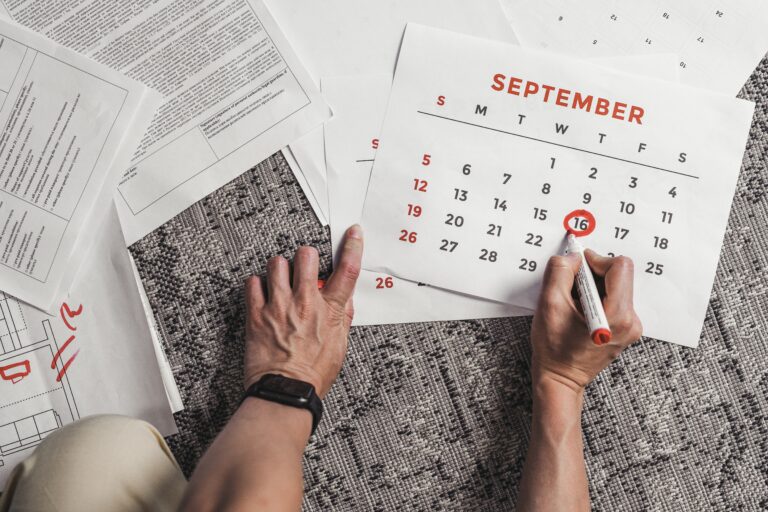Purchasing your first home is a significant financial milestone that requires careful planning and disciplined saving. While it may seem like a daunting goal, implementing effective savings strategies can make the process more manageable and achievable. Here’s a step-by-step guide on how to save for your first home:
1. Set Clear Goals: Start by defining your homeownership goals. Determine the price range of homes you’re interested in and the amount you’ll need for a down payment. Aim to save at least 20% of the home’s purchase price for a down payment to avoid private mortgage insurance (PMI) and secure better loan terms.
2. Create a Budget: Develop a detailed budget that outlines your income, expenses, and savings goals. Be realistic about your spending habits and identify areas where you can cut back to allocate more funds toward your home savings.
3. Open a Dedicated Savings Account: Set up a separate savings account specifically for your home fund. This will help you keep track of your progress and prevent the funds from being mixed with your everyday expenses.
4. Automate Savings: Set up automatic transfers from your main account to your home savings account on a regular basis, such as monthly or with each paycheck. Automating savings ensures consistency and makes it easier to stay on track.
5. Reduce Unnecessary Expenses: Identify discretionary spending that can be minimized. Cut back on eating out, entertainment, and impulse purchases. Redirect the money you save toward your home fund.
6. Save Windfalls and Bonuses: Whenever you receive unexpected money, such as tax refunds, bonuses, or gifts, consider depositing a portion or all of it into your home savings account. This can give your savings a significant boost.
7. Consider a Side Hustle: If your current income isn’t sufficient to meet your savings goals, explore opportunities for a part-time job or side hustle. The extra income can be dedicated entirely to your home fund.
8. Downsize and Declutter: As you prepare for homeownership, take stock of your possessions and consider selling items you no longer need. The proceeds from these sales can go directly into your savings account.
9. Explore First-Time Homebuyer Programs: Research any available government or local programs that assist first-time homebuyers. These programs might offer down payment assistance, reduced interest rates, or other benefits that can make homeownership more affordable.
10. Cut Housing Costs: Consider living with roommates or family to reduce your current housing expenses. If you’re already paying rent, this can free up additional funds for saving.
11. Shop Smarter: Be conscious of your spending habits and prioritize needs over wants. Look for deals, discounts, and sales when making purchases. Every dollar saved adds up in the long run.
12. Track Your Progress: Regularly review your savings progress and adjust your strategies if needed. Celebrate milestones along the way to stay motivated.
13. Avoid Lifestyle Inflation: As your income increases, resist the urge to immediately increase your spending. Instead, continue living within your means and allocate the extra funds toward your home savings.
14. Stay Patient and Persistent: Saving for a first home takes time and dedication. Be patient with the process and stay committed to your goals. The sacrifices you make now will pay off in the form of homeownership.
Conclusion: Saving for your first home requires a combination of discipline, careful planning, and a willingness to make sacrifices. By setting clear goals, creating a budget, and following these smart strategies, you can steadily build your home fund and move closer to achieving your dream of homeownership. Remember that the journey is as important as the destination, as the financial habits you develop along the way will serve you well in the long run.
As a licensed Real Estate Agent, if you have questions, please feel free to email me anytime!





